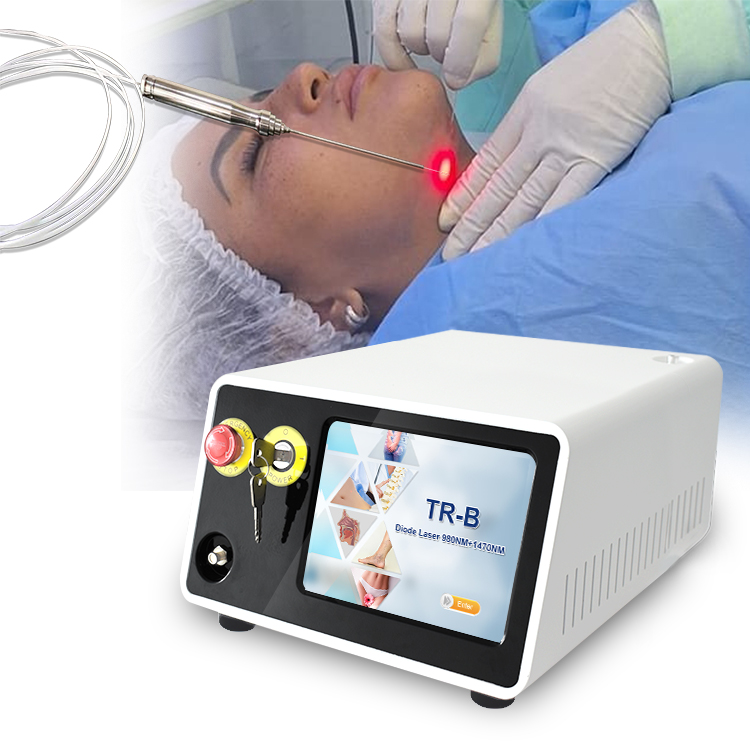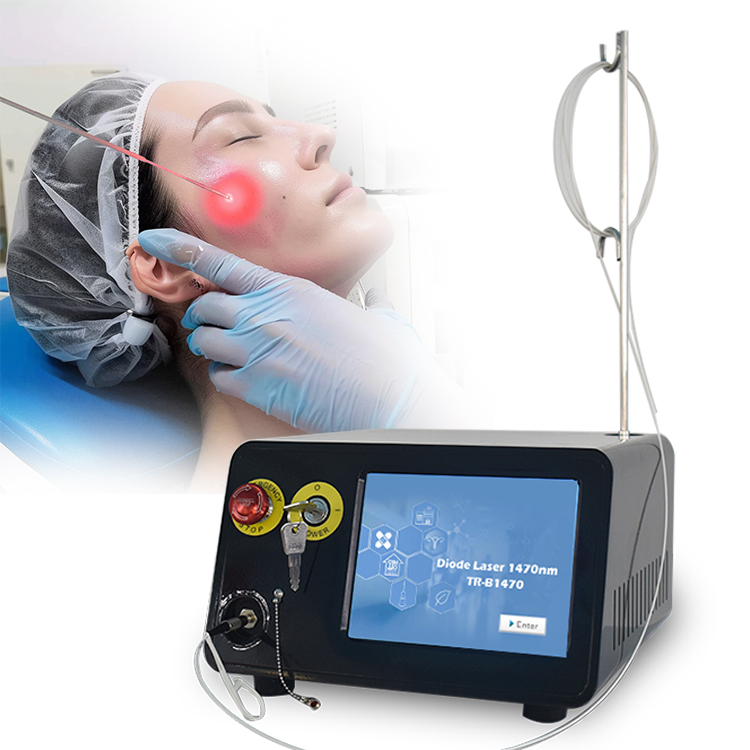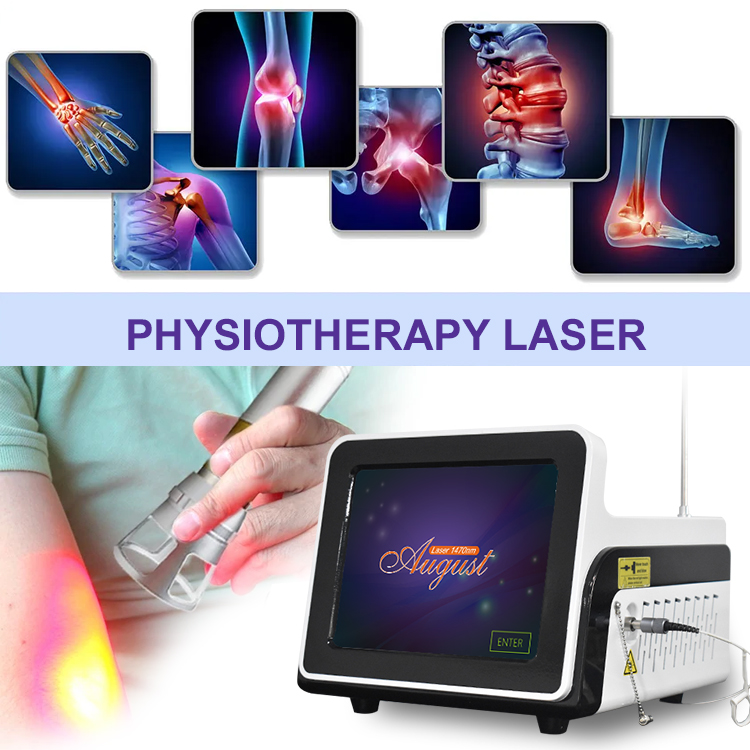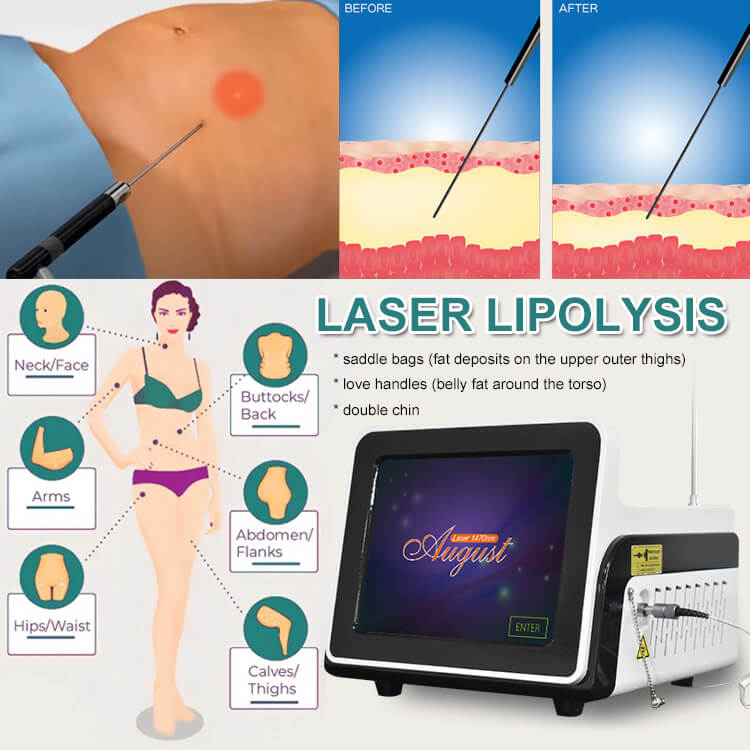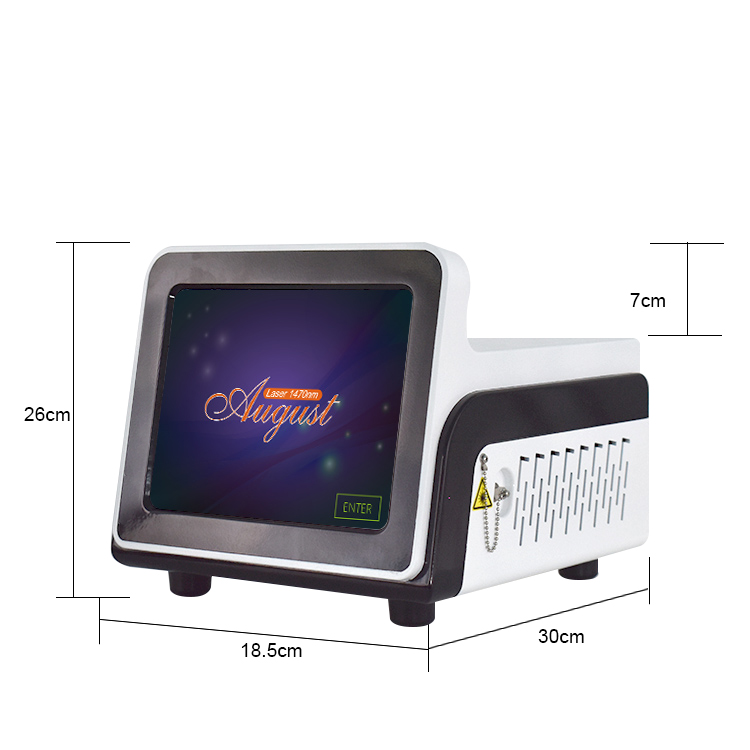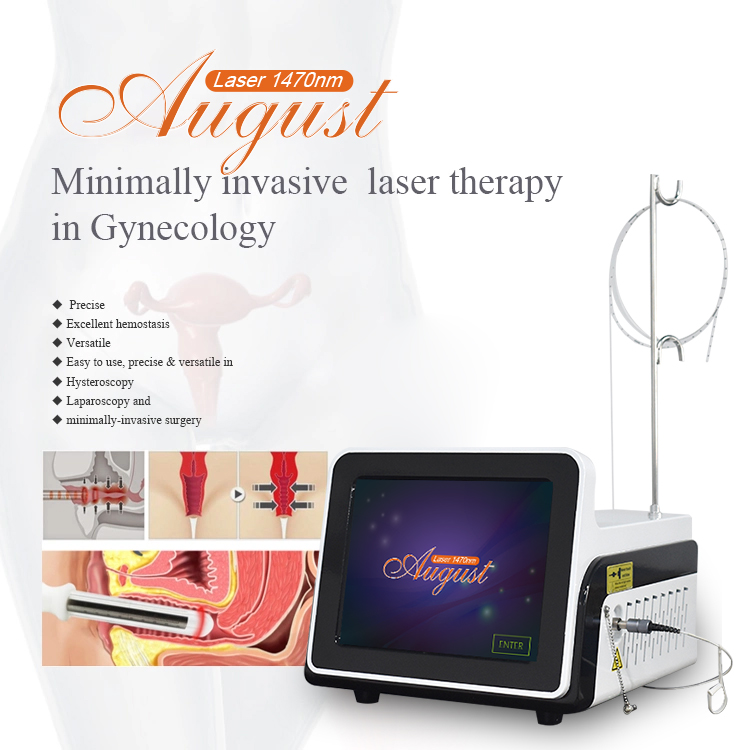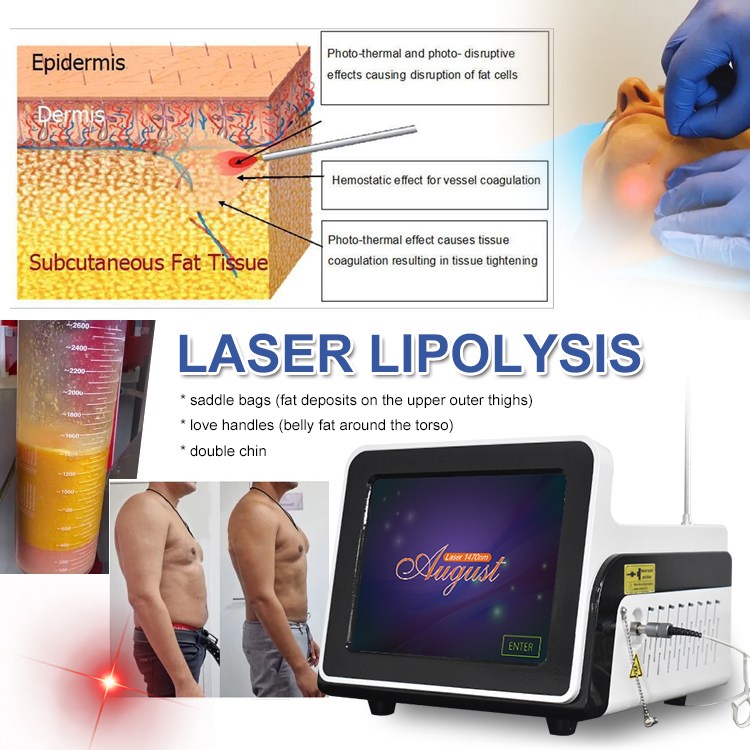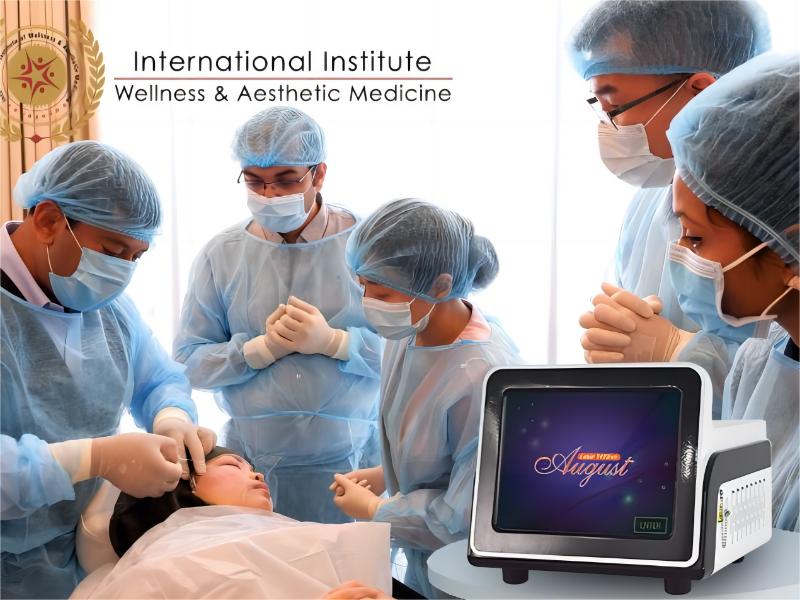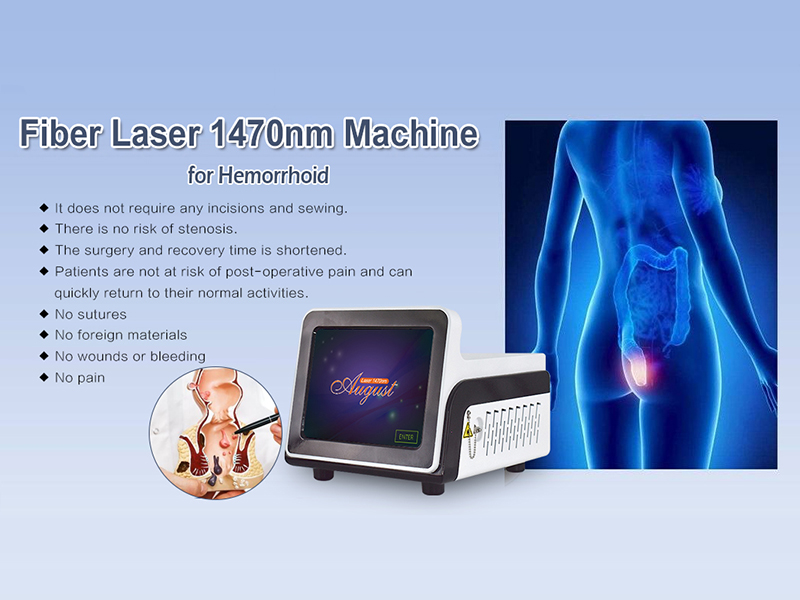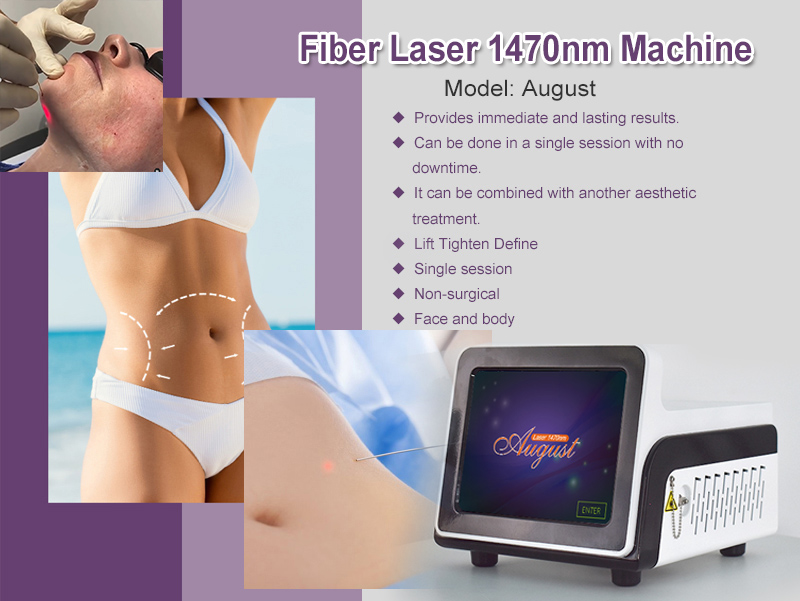1470nm Gynaecology Laser Mchine
The use of laser technology in gynecology of has become widespread since the early 1970s with the introduction of CO2 lasers for the treatment of cervical erosions and other colposcopy applications. Since then, there have been many advancements in laser technology, leading to the availability of various types of lasers, including the latest semiconductor diode lasers.
Laser technology has also become popular in laparoscopy, particularly in the area of infertility. Additionally, it has renewed interest in areas such as Vaginal Rejuvenation and the treatment of sexually transmitted lesions in the field of gynecology.
Today, there is a trend towards performing outpatient procedures and minimally invasive treatments, leading to the development of valuable applications in outpatient hysteroscopy using standard diagnostic instruments to resolve minor or more complicated conditions right in the office with the help of state-of-the-art fiber optics.
The use of 1470 nm/980nm wavelengths ensures high absorption in water and hemoglobin, with a significantly lower thermal penetration depth compared to other lasers. This allows for safe and precise laser applications near sensitive structures while providing thermal protection of the surrounding tissue. These special wavelengths offer significantly better hemostasis and prevent major bleeding during surgery, even in hemorrhagic structures.
The LVR, or Vaginal Rejuvenation Laser Treatment, is a non-ablative treatment using a diode laser to emit infrared light that penetrates deeper tissues without altering the superficial tissue. The treatment aims to correct/improve stress urinary incontinence, vaginal dryness, burning, irritation, and pain and/or itching during sexual intercourse. The result is toned tissue and a thickening of the vaginal mucosa.
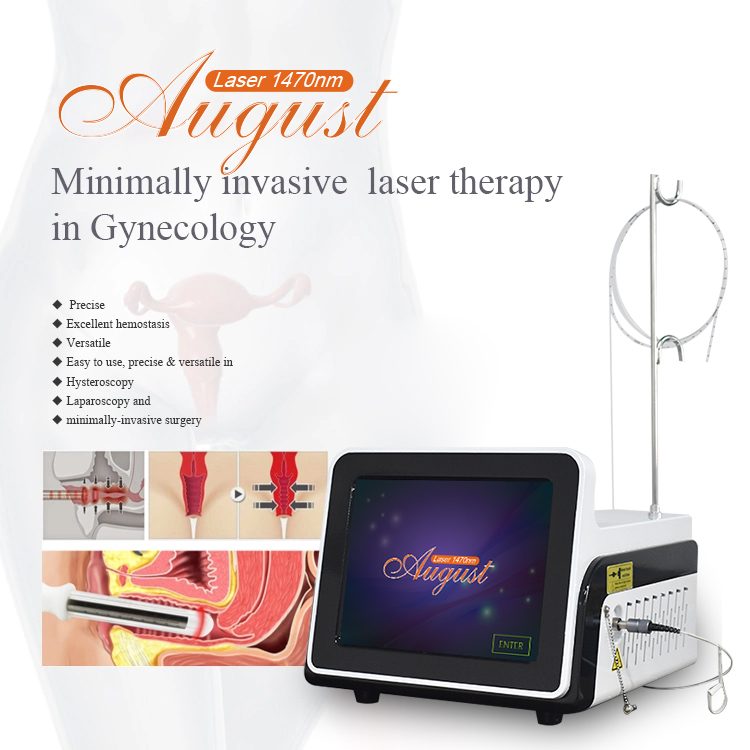


 +8618931273229
+8618931273229 director@tazlaser.com
director@tazlaser.com 0086-18931273229
0086-18931273229

